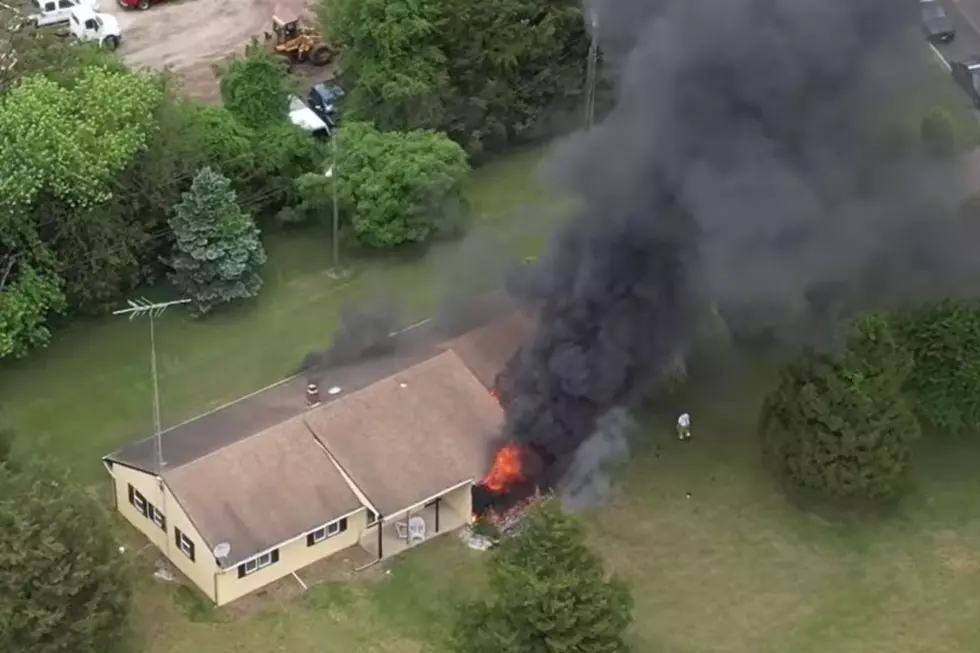
Lawsuit says NJ’s aid-in-dying law unfairly blocks non-residents
⚫ A suit aims to get rid of New Jersey's residency requirement in its aid-in-dying law
⚫ Out-of-staters ask NJ doctors about the law, but they're out of luck
⚫ Two states have scrapped their residency rules following similar legal challenges
Andrea Sealy has been battling metastatic breast cancer for more than six years and understands that the odds of surviving are slim to none.
The 43-year-old has endured more than 10 surgeries, as well as multiple rounds of radiation therapy and a combo of oral chemo and hormonal therapy. But her main concern is the pain and suffering she'll eventually have to face when she no longer has the strength to fight.
The Philadelphia resident wants the autonomy to die on her own terms, but unlike New Jersey, her state does not have a law on the books that allows dying individuals to obtain and take treatment for a peaceful passing.
To hopefully relieve her pain in the end, and the pain of others in the future, Sealy is part of a just-filed lawsuit against New Jersey that claims that the state's aid-in-dying law is unfairly blocking out-of-state residents from participating.
"I don't want to needlessly suffer," Sealy said. "It's just not something that I want for myself or my family."
Sealy lives about 10 minutes from a bridge into the Garden State.
According to the lawsuit filed on Tuesday by Compassion & Choices, the residency mandate within New Jersey's Medical Aid in Dying for the Terminally Ill Act violates the U.S. Constitution.
According to the suit, patients in surrounding states "routinely" ask New Jersey physicians about the end-of-life option, but they are ineligible. The suit was filed on behalf of Sealy and 79-year-old Delaware resident Judy Govatos, as well as two New Jersey doctors.
"The option of medical aid in dying is not about giving up on life," said Govatos, who's living with stage 4 lymphoma. "Instead, it allows people like me to have more full, more active, more good days, more fully involved in life. I don't want to die fearfully."
Legal challenges from Compassion & Choices have resulted in the removal of residence requirements in both Vermont and Oregon. New Jersey is one of eight jurisdictions with a residency mandate in place.
"Arbitrarily barring medical care solely on the basis of where patients live not only violates the Constitution but upends the standard of care for health care delivery," said Kevin Díaz, chief legal advocacy officer for Compassion & Choices.
New Jersey's aid-in-dying law took effect in 2019. According to data from the New Jersey Office of the Chief State Medical Examiner, 95 New Jerseyans used the law between its inception and the end of 2021. New Jersey has not yet released figures for 2022.
New Jersey's law applies to terminally ill residents who have a life expectancy of six months or less. The patient, who must have the capacity to make health care decisions on their own, would have to make two oral requests and one written request in order to obtain a prescription for the life-ending medication.
“New Jersey’s medical aid-in-dying law has eased the suffering of numerous terminally ill New Jerseyans over the last four years,” said Dr. Paul Bryman, the medical director at a hospice in Camden County and a plaintiff in the suit. “The residency mandate prevents me from providing nonresident patients who request this gentle dying option with care consistent with their values and wishes at one of the most important moments in their lives.”
The Governor's Office and Attorney General's Office said they would not comment on the lawsuit.
Report a correction 👈 | 👉 Contact our newsroom
LOOK: Here's where people in every state are moving to most
KEEP READING: Scroll to see what the big headlines were the year you were born
LOOK: Baby names that are illegal around the world
More From New Jersey 101.5 FM









